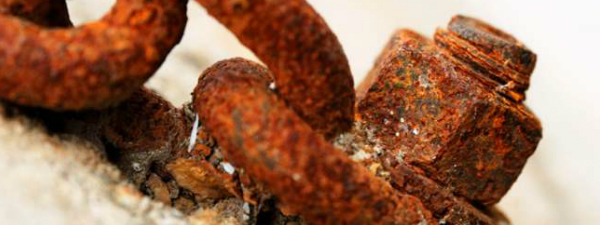Every car faces the problem of rust in its lifespan. Rust when left untreated rings the death knell for the vehicle. Rust inhibitors are chemical compounds used to bring down the rate at which the metal in the car corrodes. Below are some interesting facts about inhibitors and how they act as an effective rust stopper.
How Rust Inhibitors Stop Corrosion?
Rust inhibitor sprays and solvents prevent corrosion by forming a thin layer of protective film over the surface of the metal. This blocks electrolytes like water and salts from coming into contact with the surface and thus delays the oxidation process.
How to Determine the Effectiveness of a Rust Inhibitor?
Not all rust inhibitors are the same and the difference lies in their composition. Choosing the right inhibitor based on the surface to be applied and the right amount to be applied influences the effectiveness of the rust inhibitor.
What are the Methods of Application of Rust Inhibitor?
Rust inhibitors can be applied using three techniques and the choice depends upon the surface area to be covered. The three methods include,
- Spray Coating: Rust inhibitors are loaded into spray bottles and spread on the surface of the car. It is the simplest method of application.
- Dip Coating: Smaller parts to be coated are dipped in the solution and then force dried. This method is used for single coat applications.
- Flow Coating: This method is suitable for larger parts of the automobile where they are passed through a chamber filled with the rust inhibitor.

